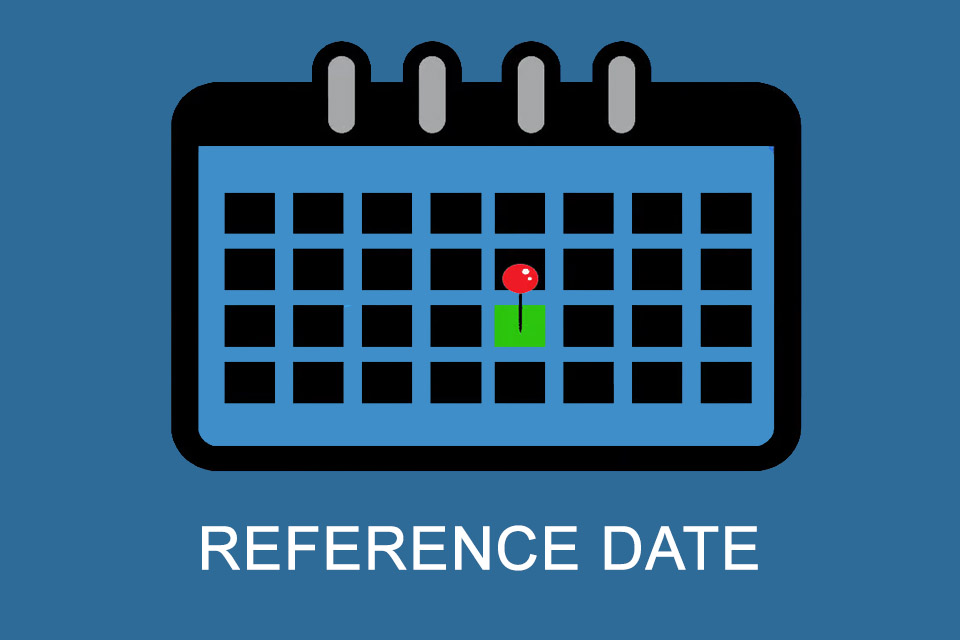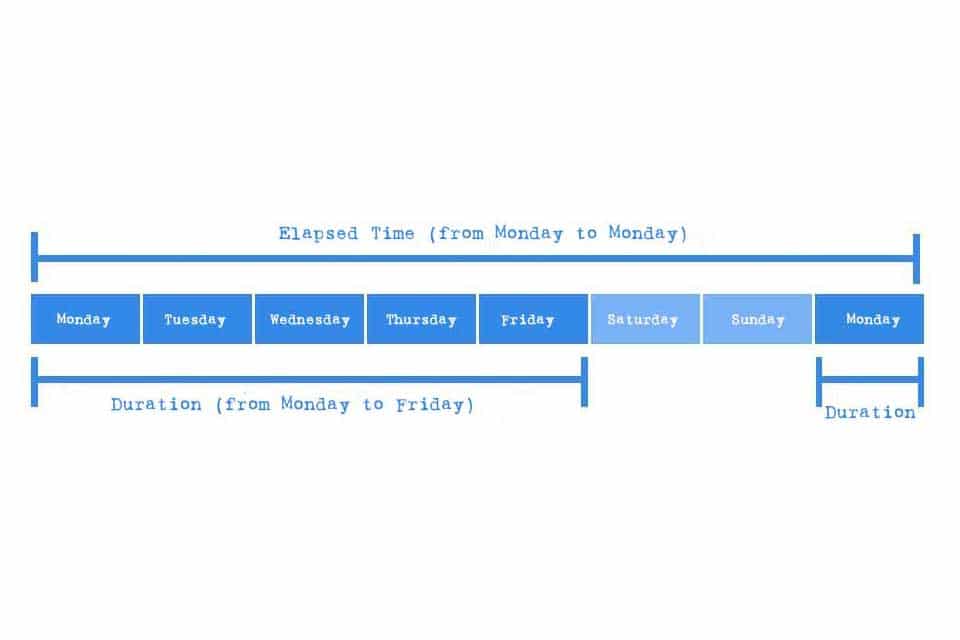What is a Reference Date?
Smartpedia: A reference date identifies a point in time or dates the end of a period of time and is decisive for the provision of a defined service.
Reference date – the defined point in time of a due date or the end of a period of time
For some it is a point of truth, for others a decisive, long-awaited moment and for most a date on which an appointment or agreement becomes due: the reference date. It marks a referential date or the end of a period of time, and is instrumental in the delivery of a defined service.
Reference date and deadline
Reference date is often used synonymously with deadline (and also with D-day, effective day, effective date, key date, reference date)¹. In many cases this is also appropriate, because the terms terminate, for example,
- the end of a participation period,
- the end of a participation period or the time of completion,
- the date – often in connection with a defined time – of a submission.
Differences between the two terms can be seen in accounting, for example, where the so-called reporting date principle applies. It states that a balance sheet must show the financial situation at a certain point in time, the so-called balance sheet date. If a business year ends on 31 December, this reference date is decisive for the preparation of the report for the corresponding year. Limited liability companies must publish the report no later than 12 months after the end of the financial year – either in full or in abridged form, depending on the size of the company. This end of the period is thus the deadline and also the reference date.
Other examples:
- For income tax returns, the reference date in Germany is 31 December of each year. The declaration for the year 2021 must be submitted by 1 August 2022 at the latest; here again both terms fit.
- When paying for services or products, companies often offer discounts provided the buyers settle the invoice amount within a defined period – often 14 days after delivery, sometimes 30 or even 60 days. The reference date for calculating the discount period is therefore the delivery date. And the deadline or reference date for payment of the debt results from the delivery date and the agreed period for discount deduction.
Types of reference dates
Reference dates can be distinguished in two ways:
- as absolute and relative dates,
- as dates in the past or in the future.
Reference dates for accounting periods, the delivery of a good or the provision of a service are often absolute dates. The last day of a company’s financial year is such an absolute date. For quarterly reports, 31 March, 30 June, 30 September and 31 December are absolute dates. And if customer A agrees with service provider B on a development that is to go into operation on 15 April 2025, that is also an absolute deadline.
Relative reference dates are dates that arise as a result of events: The discount ends 30 days after delivery, the cooperation agreement between two parties ends when the project is completed, and the decision to award a project is made 5 days after the last bidder has made a presentation. (By the way, opinions differ as to whether a milestone in a project denotes an absolute or a relative date; usually milestones are not fixed in time and are therefore relative, but many project management tools offer corresponding fixings, which then makes them absolute dates.)
In reporting, reference dates are always in the past as markers of a period. For forecasts, hypotheses or plans, on the other hand, they designate dates that lie in the future.
Impulse to discuss
What should happen if you cannot meet an agreed reference date in the development? Should the date be postponed or the performance reduced?
Some publications also speak of event-related reference dates. A project start, a project termination or the project end would be corresponding events.
Reference date is also used as a term for pregnancies; there it expresses the calculated date of birth.
If you like the article or would like to discuss it, please feel free to share it in your network. And if you have any comments, please do not hesitate to send us a message.
And here you will find additional information from our Smartpedia section:



